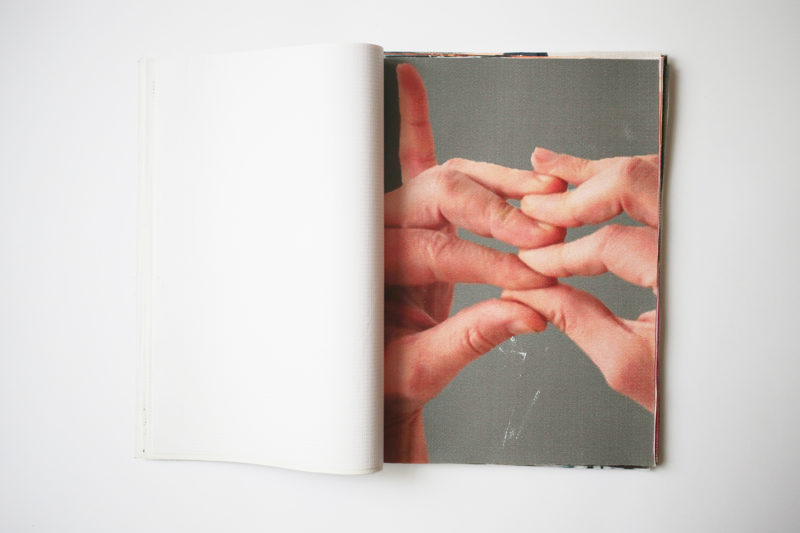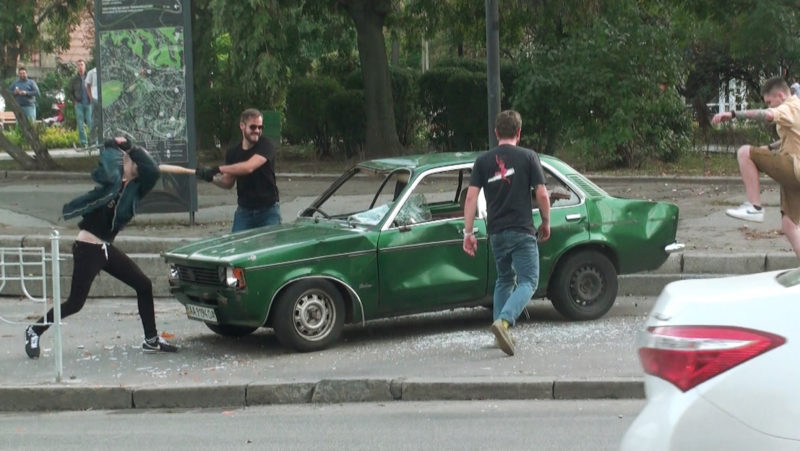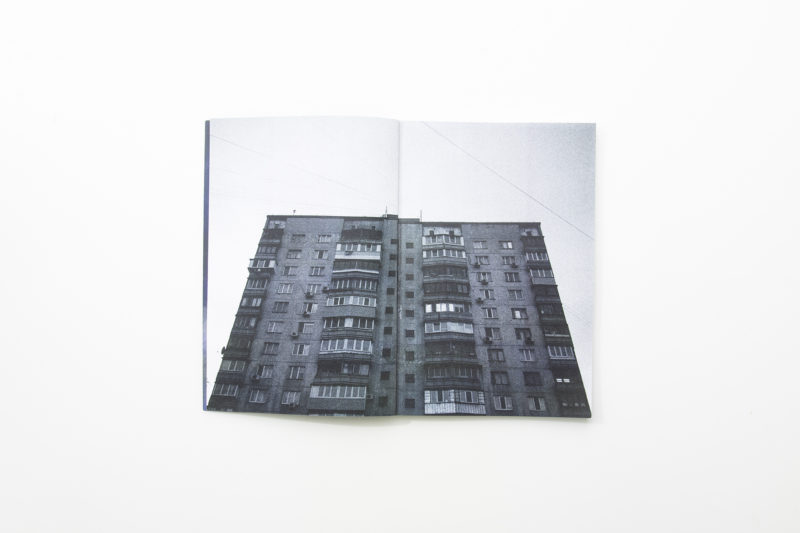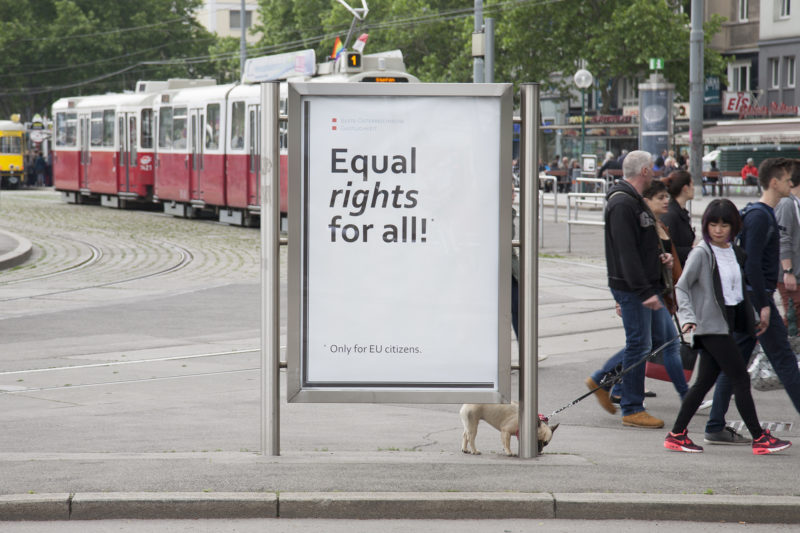24 May 2018
Interview
SASHA KURMAZ

AA: What materials, techniques, and themes do you use in your work?
SK: The local context is important for my work, in other words, I always try to work in such a way that my work resonates with the place in which it was created or presented.
AA: What are some of the topics you have covered in your public interventions, your performances, and your zines?
SK: In my artistic practice, I explore a wide range of topics that work with topics both politically and poetically (mostly it is the socio-political issues), but at the same time, I am interested in the study of space by means of photography, drawing, video, and interaction, as well as the study of the influence of the artwork on the social context, and searching alternative ways for representation of the artwork outside the art institution.
AA: Why does it feel important for your work to exist in print as well as a performance?
SK: Because any exhibition / performative work has a number of fences: space, time, accessibility for visiting, etc., the book is free from these restrictions. Also, the book is more mobile and compact, which is also very important for me.
AA: Do you have any formal education or training in the book arts? If not, what was your route into making artists’ books and zines?
SK: Yes, I graduated from the Academy of Art in Kiev, but you should know that was post-Soviet education. It means that this knowledge is not relevant nowadays. So, most of the knowledge/experience that I have today I got by myself. Also, graffiti and street/punk culture influenced me a lot in the early of 2000s.
AA: Do your zines develop from performative work, or do you use the book as a conceptual starting point?
SK: These are two independent media that exist autonomously, but sometimes they overlap.
AA: How do you see artists’ books and the book arts in general sitting in relation to the contemporary art world?
SK: I see a big interest to the artist’s books and photo books today. Perhaps this is due to the fact that people have become tired of the digital world around them, or maybe because this is a universal media available to everyone.
AA: Who reads your zines and what do you hope they’d take away from them?
SK: Good question. Actually, I do not know. Ha-ha. I get great pleasure when I create a book / zine, I hope that the people who watch my works have the same feeling.
AA: Action or zines, what do you enjoy more?
SK: Actually, both. The book and situational actions in public space are important to me in the same way, but maybe for the book, I pay more attention today. For example, me and my friend, some time ago we created an experimental publishing house One Copy Book (http://www.onecopybook.com) in which we plan to rethink what it means to be a publishing house today and what is a book now.






